Maple syrup is obtained from concentrations of maple sap and is in essence a transparent, viscous liquid with a pleasant aroma and extremely sweet taste.
According to Canadian standards, maple syrup must contain no less than 66% sugar; what's meant by sugar in this case is only that which is left over in the syrup after the maple sap evaporates. It takes about 10.5 gal (40 L) of maple sap to make 4 1/5 cups (1 L) of maple syrup, making it an incredibly caloric liquid.
The world's supply of maple syrup is almost entirely produced by Canada and the US. In addition to its sugary content, it's an entire mountain of nutrients, some of which are so unique that they aren't found in any other food.
According to a recent study carried out by American scientists in Rhode Island, Canadian maple syrup contains 54 mineral components, while not long ago scientists were convinced that there were no more than 20, which the human body is able to absorb.
One of these 54 components is abscisic acid, which stimulates the pancreas, leading to a faster secretion of insulin, thereby significantly improving the lives of diabetics. This substance puts maple syrup in with the group of products that have a low glycemic index.
Other benefits it provides is that it helps people successfully deal with inflammatory processes, cleanses and fortifies the circulatory system, acts as an aphrodisiac in men and protects the prostate.
In the culinary world, maple syrup is an excellent substitute for all kinds of syrups and jams.
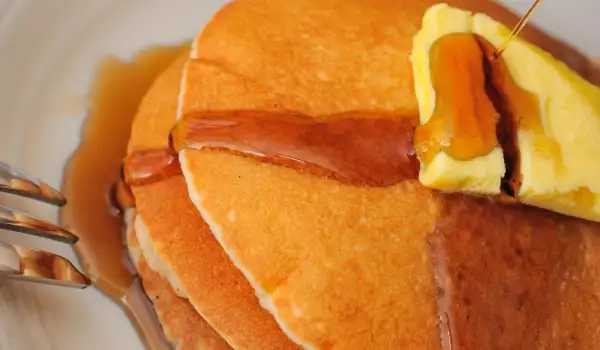
Every day, thousands of Canadians and Americans use this syrup on their pancakes, waffles and croissants. They frequently use it as a natural sweetener in beverages, bread, sweet desserts, sauces, vegetables, even in meat dishes.
There are many criteria when choosing maple syrup but the most important ones are:
- the syrup needs to have been made in Canada, where a special federal commission is responsible for control over its purity and authenticity.
- choose a syrup with a light amber color, its taste and aroma are finer.
- bet on registered trademarks, which sell their syrup at a significantly higher price but whose quality is also at a high level. A maple syrup that costs less than $70 per 4 1/5 cups (1 L) isn't recommended.
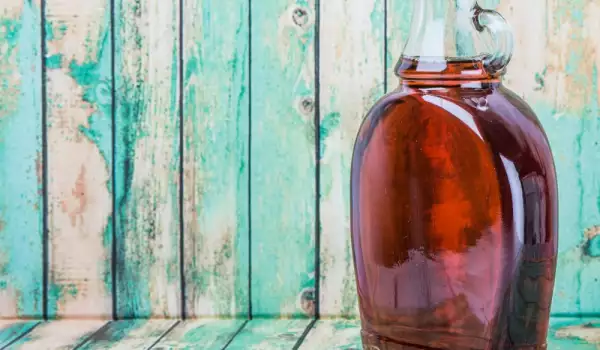
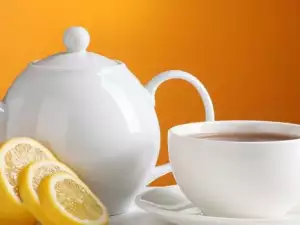
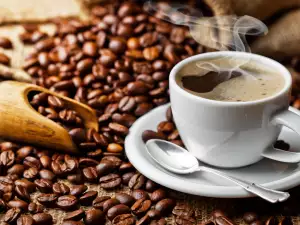
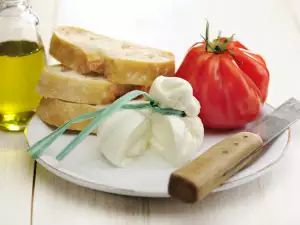


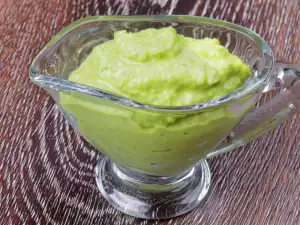
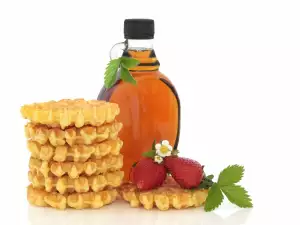
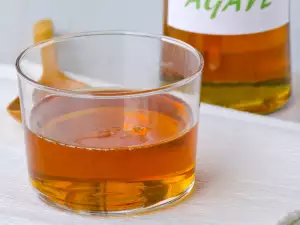
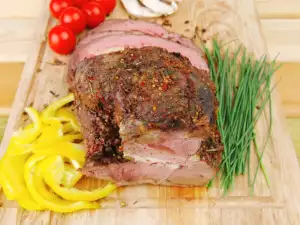
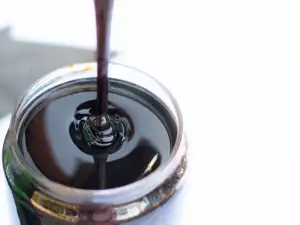
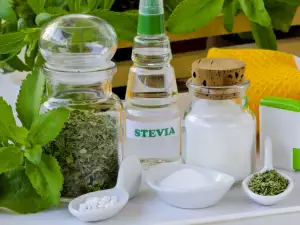
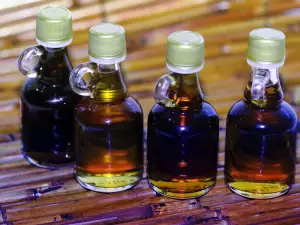
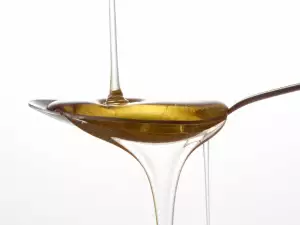




Comments